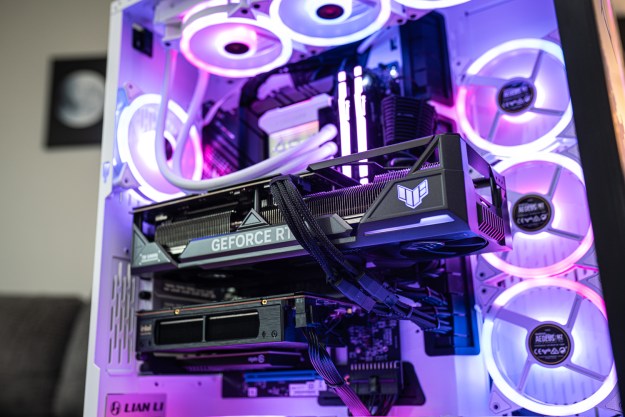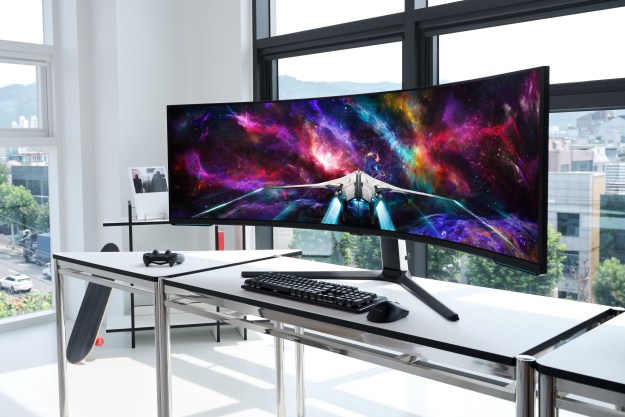At Oculus Connect 6, Facebook’s annual virtual reality (VR) developers conference, the company announced its next big push into social VR. It’s called Facebook Horizon and is a platform for social interaction and games that is based heavily on user-created content. It takes the place of Facebook Spaces and Oculus Rooms, both of which will be shut down by the end of the year.
On the surface, it makes a lot of sense. CEO Mark Zuckerberg started out the keynote by saying that Facebook has been about bolstering digital social interaction. Moving that to VR means translating things like groups, events, and messaging — all of which will reportedly be a big part of Facebook Horizon.
As you’d expect, the process all starts with designing your own legless avatar “from an array of style and body options to ensure everyone can fully express their individuality,” according to an Oculus blog post.
From there, Horizon will present you with a main hub world with portals to wherever you want to go from there. Horizon will start you off with experiences made by Facebook itself, such as a multiplayer aerial game called Wing Strikers.
But again, the focus here is on user-generated content. Horizon calls its tool “World Builder” and it can be used to construct new environments and experiences. According to Facebook, it’s not something that will require any kind of coding experience, so that everyone can try it out.
The platform will launch in beta sometime in 2020, though it’s already getting comparisons to age-old online platforms like Second Life, which has been around for upward of 16 years now, and at one point had as many as 900,000 users. The platform grew to have its own in-world economy, which plagued it with a litany of legal and regulatory concerns.
Unlike Second Life, we’d expect Horizon to be highly regulated in terms of the content that gets created for it. That might make it a bit less fascinating than what Second Life has become, but should ensure its family-friendly nature.
Along with the new VR platform, Facebook also announced that finger-tracking would come to the Oculus Quest sometime in 2020.
Updated on September 26 to fix Second Life release date and remove note about current user base.
Editors' Recommendations
- Meta brings Horizon Worlds to the web, expanding beyond VR
- Oculus will force you onto Facebook, whether you like it or not


